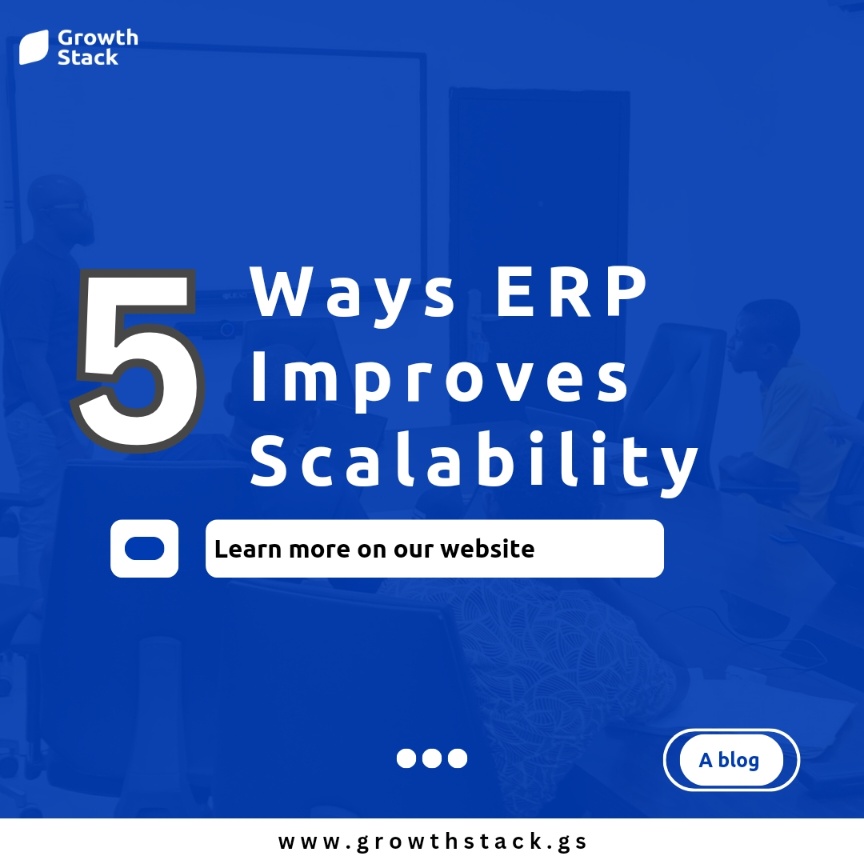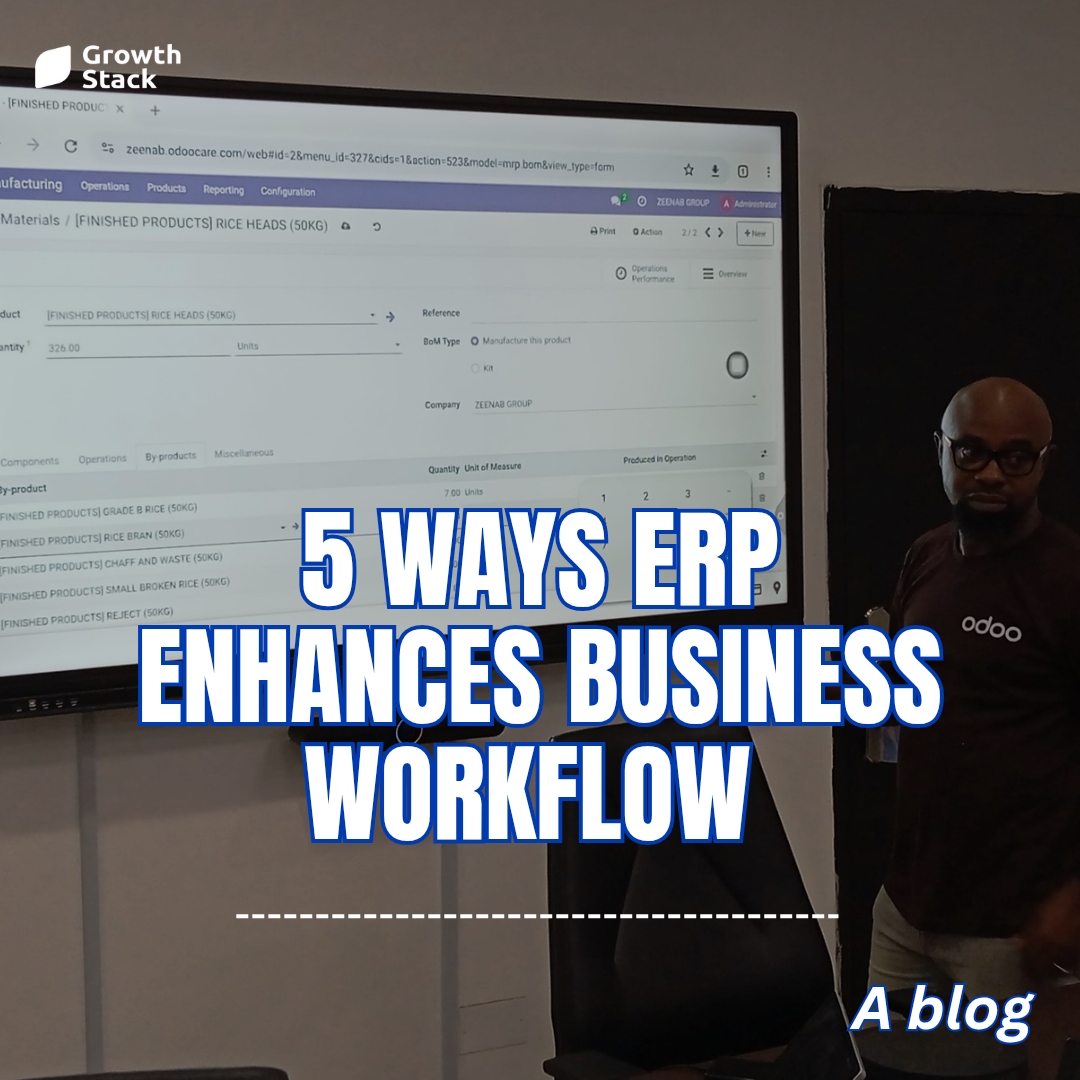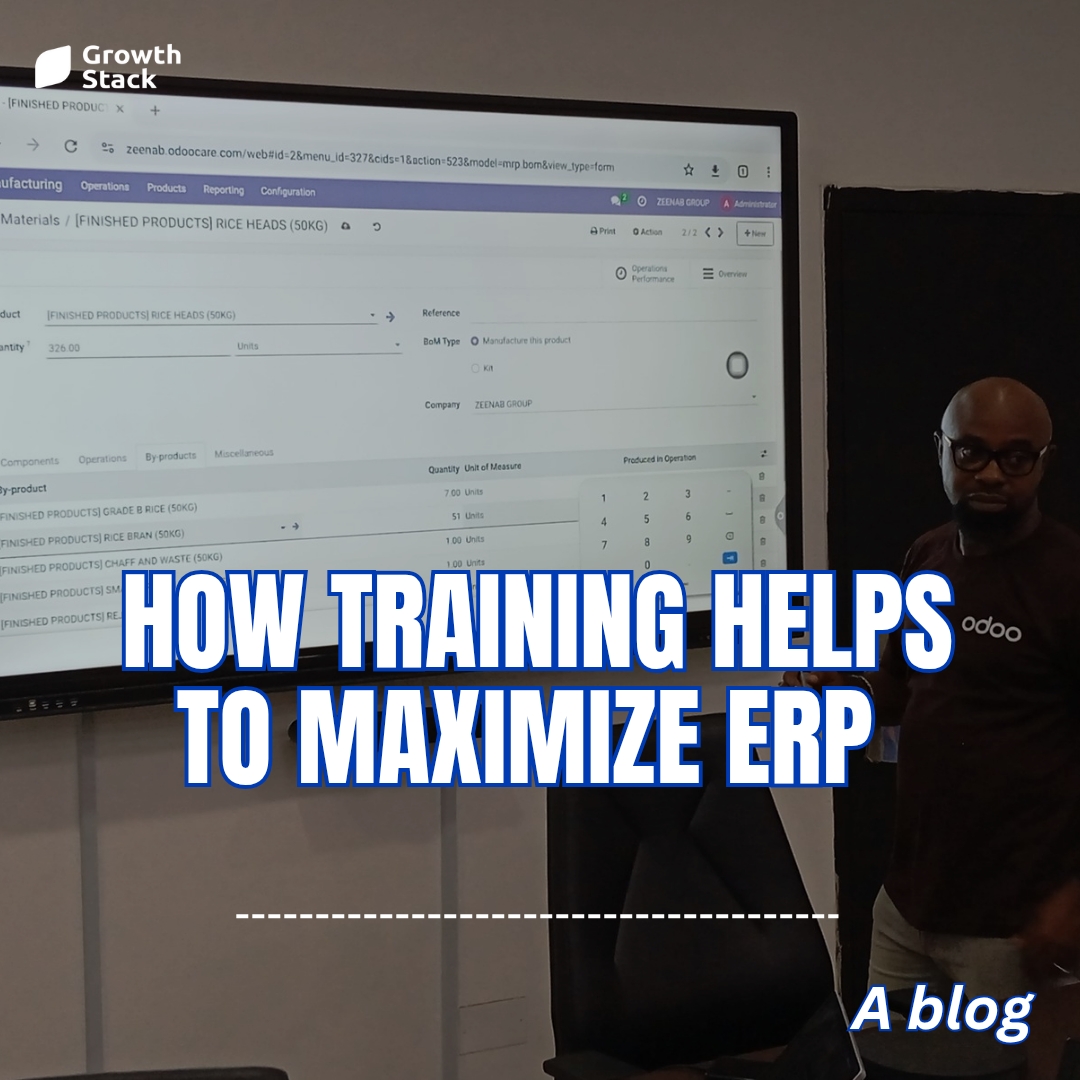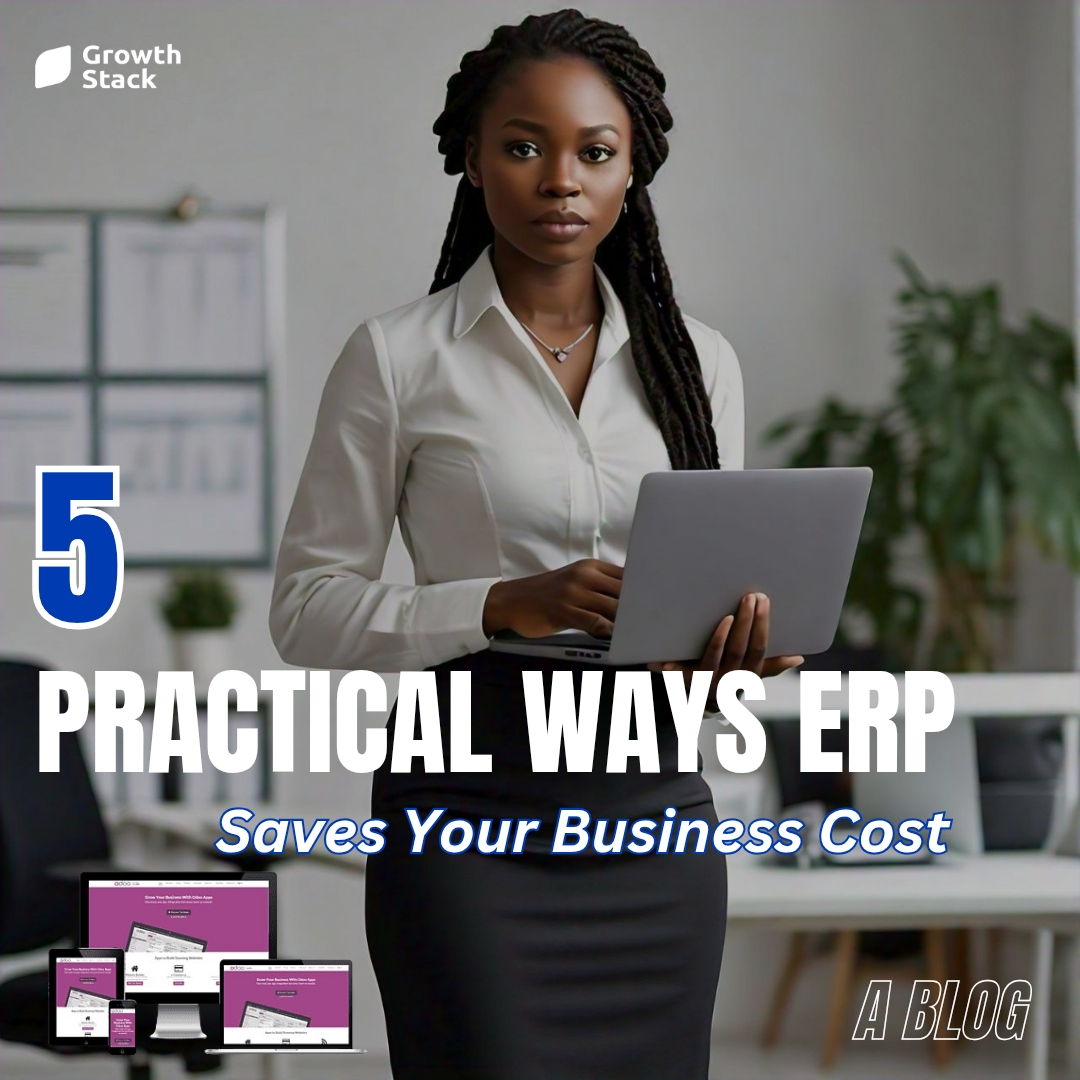As businesses grow, managing operations becomes increasingly complex. A growing company needs flexible systems that can scale without causing disruptions or inefficiencies. This is where Enterprise Resource Planning (ERP) software comes into play. ERP improves scalability for businesses by providing tools that accommodate growth while maintaining streamlined processes. In this post, we will explore 5 ways ERP improves scalability, making it an essential investment for companies seeking sustainable growth.
1. Centralized Data Management
One of the primary ways ERP improves scalability is through centralized data management. As businesses grow, so does the amount of data they generate. Without an efficient system in place, managing this data can become chaotic and time-consuming. ERP systems offer a centralized platform where all business data is stored, processed, and accessed in real time.
With centralized data management, growing companies can handle increased data volumes without losing track of critical information. This capability allows businesses to scale without worrying about data fragmentation or errors, which can hinder growth. Centralizing data also improves decision-making, as business leaders can access comprehensive reports and insights with ease.
2. Automation of Core Processes
Another critical way ERP improves scalability is by automating core business processes. As companies grow, manual processes become inefficient and prone to errors. ERP systems automate routine tasks such as inventory management, payroll, and order processing, allowing businesses to handle increased workloads without adding significant labor costs.
Automation also ensures that operations run smoothly, even during periods of rapid growth. By reducing manual intervention, ERP systems allow businesses to focus on more strategic tasks, further contributing to scalability. Additionally, automation reduces the risk of human error, improving efficiency and overall productivity.
3. Customizable and Modular Architecture
ERP systems are designed with scalability in mind, offering customizable and modular architecture that grows alongside the business. This is one of the most important aspects of how ERP improves scalability for businesses. Companies can add new features or modules as they expand, without overhauling their existing systems.
For example, if your company expands into new markets or introduces new product lines, you can easily integrate additional modules for supply chain management, customer relationship management (CRM), or financial planning. The flexibility of ERP solutions allows businesses to adapt to growth and change without significant disruptions to their operations.
4. Enhanced Collaboration Across Departments
As companies grow, collaboration across departments becomes more critical—and more challenging. ERP systems provide a single platform where different departments, such as sales, finance, and HR, can collaborate seamlessly. ERP improves scalability by eliminating silos and ensuring that all departments have access to the same data, fostering better communication and cooperation.
This increased collaboration ensures that business operations remain efficient and synchronized, even as the organization grows in size and complexity. With ERP software, teams can work together more effectively, leading to faster decision-making and greater organizational agility, both of which are essential for scalable growth.
5. Improved Customer Relationship Management
Finally, ERP improves scalability by enhancing customer relationship management (CRM). As businesses scale, managing an expanding customer base can become difficult. ERP systems include built-in CRM tools that help businesses manage customer interactions, track sales, and respond to inquiries more efficiently.
These CRM tools ensure that businesses can maintain high levels of customer satisfaction, even as they grow. By providing a clear view of customer data and preferences, ERP systems allow companies to offer personalized services, fostering customer loyalty and driving repeat business. As a result, ERP systems help businesses grow without sacrificing the quality of their customer relationships.
Conclusion: Why ERP Is Essential for Scalable Growth
Investing in ERP software is a smart choice for any company looking to scale its operations efficiently. By centralizing data, automating processes, providing modular architecture, enhancing collaboration, and improving customer relationship management, ERP improves scalability for businesses in a variety of ways. With an ERP system in place, your company can manage growth seamlessly, ensuring sustainable success in the long term.
For more detailed insights on how ERP systems are helping businesses of all sizes achieve scalable growth, check out this article.













